Keywords: Doctor
There are more than 200 results, only the first 200 are displayed here.
-
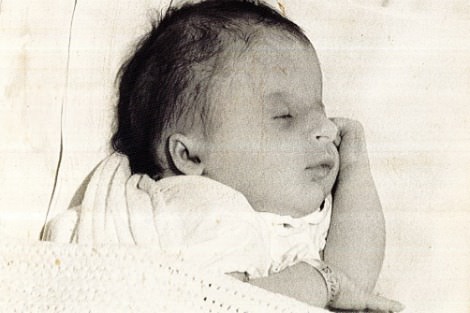
ARTS AND CULTURE
- Julie Guirgis
- 22 September 2016
5 Comments
Being unique has its pros. It has made me a compassionate person able to see past the differences in people. And although I am a dwarf by birth I don't identify as that. Being the creative free-spirit that I am I have come to reject any labels put on me. I haven't let my medical condition define me; instead I have created my own identity. As the writer Helen Keller once said, 'Face your deficiencies and acknowledge them; but do not let them master you. Let them teach you patience, sweetness, insight.'
READ MORE 
-

ARTS AND CULTURE
- Tim Kroenert
- 19 August 2016
6 Comments
The film's quiet humour leaves open many spaces for reflection on getting older, and on mortality. Tomas is uncomfortable with the subject of death, but Julian is determined to confront it with honesty and dignity. His activities during those four short days reveal he possesses a well formed conception of his own humanity and mortality that is not short of admirable. We are as sympathetic to Paula raging against her cousin's resignation, as we are to Tomas' growing acceptance.
READ MORE 
-

INTERNATIONAL
- Gillian Bouras
- 04 July 2016
8 Comments
Every migrant, and every ageing person, loses a home and the past: that is simply the way things are. Fortunate people have the chance to make another home, and to write a series of additional chapters in their personal stories. We look back at the past, but can never revisit it. And would we really want to? We should always be careful what we wish for, as many British people who voted to leave the EU may now well be learning only too painfully.
READ MORE 
-

AUSTRALIA
- Tim Woodruff
- 24 June 2016
6 Comments
My patients who earn $36,000 a year pay $36 for most prescriptions. My patients who earn $360,000 pay the same, and those on $3 billion pay the same. Usually, these prescriptions are for conditions which can't be avoided - it's just bad luck. This government imposed co-payment is a tax on illness. It is not noticed by those on $360,000 but for those struggling on $36,000, it does affect their small disposable incomes. It is a regressive tax, and its effect on patient behaviour is well documented.
READ MORE 
-

ARTS AND CULTURE
O, I had a sweetheart, sure I did, says a tiny stooped nun to me this morning. Long tall handsome man he was too. Did you think I signed up to be a nun before I could fall In love? No. I never met a nun yet wasn't in love before. It's good for you as a nun to have had your heart broken, seems to me, or to break someone else's heart. It's a way of the world. Better to know it so you can be tender when you see it later.
READ MORE 
-
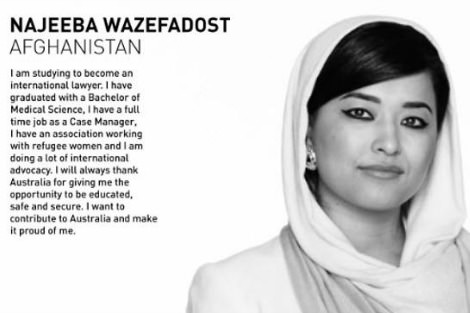
AUSTRALIA
- Somayra Ismailjee
- 20 May 2016
33 Comments
The irony of trying to negate these stereotypes is that in doing so, we are still cheapening asylum seekers to political tools, stripping them of their humanity and multiplicity. Aiming to counter such rhetoric as Dutton's with stories of high-achieving refugees plays into a toxic game that legitimises the same negative stereotypes by engaging with them. Just as invisibility dehumanises asylum seekers, so does the hypervisibility we attribute to a select few stories.
READ MORE 
-
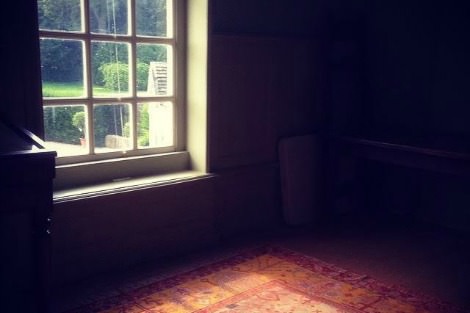
INTERNATIONAL
- Frank Brennan
- 17 May 2016
30 Comments
Once the state legislates to permit assistance with the suicide of a dying, suffering, mentally competent person, the door could well be opened to those who agitate a right to kill and not just a liberty to assist with suicide, and that door could be pushed open onto a class of patients which ultimately will include those who are not dying at all That door is now wide open in Belgium and the Netherlands, while he Canadian Parliament is trying to place appropriate limits. I'm for keeping that door firmly shut.
READ MORE 
-
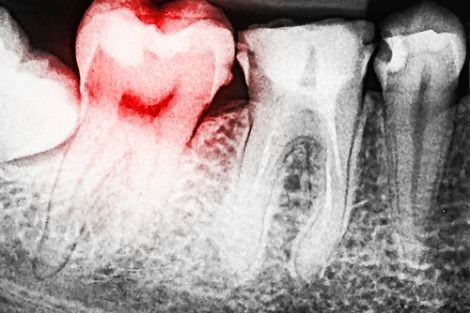
AUSTRALIA
- Barry Gittins
- 13 May 2016
5 Comments
British research presented at the 2013 International Association of Dental Research posited 'a link between missing teeth and a patient's quality of life' and cited other research on observers' 'perception of men and women with straight and crooked teeth'. Furthermore, research by the Salvation Army in Australia records that 66 per cent of the Salvos' welfare clients could not afford dental treatment and two in five could not afford a yearly dental check-up for their children.
READ MORE 
-
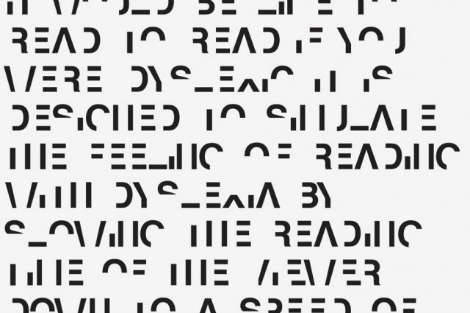
EDUCATION
- Tony Thompson
- 08 April 2016
21 Comments
The school has been supportive, but in this data driven age even the finest teachers are compelled to teach to the vile Naplan tests. Dyslexic kids are put through unbelievable stress with these tests. If deaf kids were compelled to do listening examinations, there would be an outcry. I'm not sure if there's a difference. I'm also not sure if the ever narrowing scope of education can still accommodate students like my son, despite all the talk about diversity and differentiated learning.
READ MORE 
-

AUSTRALIA
- Andrew Hamilton
- 31 March 2016
5 Comments
The Palm Sunday Refugee Marches have come and gone; the travails of people who seek asylum continue. In a recent article that reflects her rich experience, Moira Rayner was right to say that marches are not effective in changing policy. Where they are, as in the Vietnam War marches in Australia or in Manila under Marcos, the fortress was already crumbling. Yet even when they are not effective, marches are not a waste of energy. Their value lies not in their effectiveness but in their ritual.
READ MORE 
-
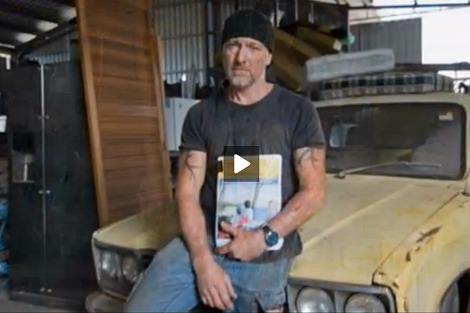
MEDIA
- David James
- 16 March 2016
7 Comments
Most spin doctors are either former journalists, who have personal experience in how the industry works. If a story appears in the media, it is more often than not because some spin merchants want it to be there. Happily, there are exceptions. Gold Walkley winner Adele Ferguson did a brilliant exposé of the insurance industry that was definitely not on any spin doctor's agenda. Indeed it was a demonstration that spin has its limitations if the journalist is skilled enough to get beyond the wall.
READ MORE 
-
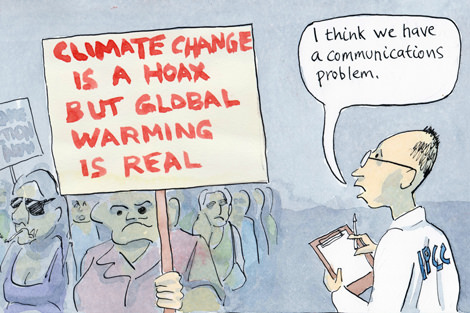
ENVIRONMENT
- Greg Foyster
- 11 March 2016
3 Comments
The best known examples of framing come from American cognitive linguist George Lakoff. He argues that George W. Bush replaced the phrase 'tax cuts' with 'tax relief' to reframe paying tax as an affliction. Embedded in those two words is a neo-conservative worldview against government intervention in the private sphere. If you accept the term, you absorb the worldview. In a similar way, a few words could build political will to tackle climate change. The problem is no one is sure what they are.
READ MORE 